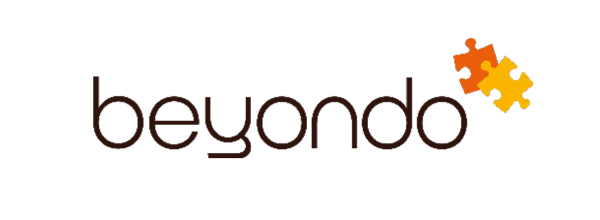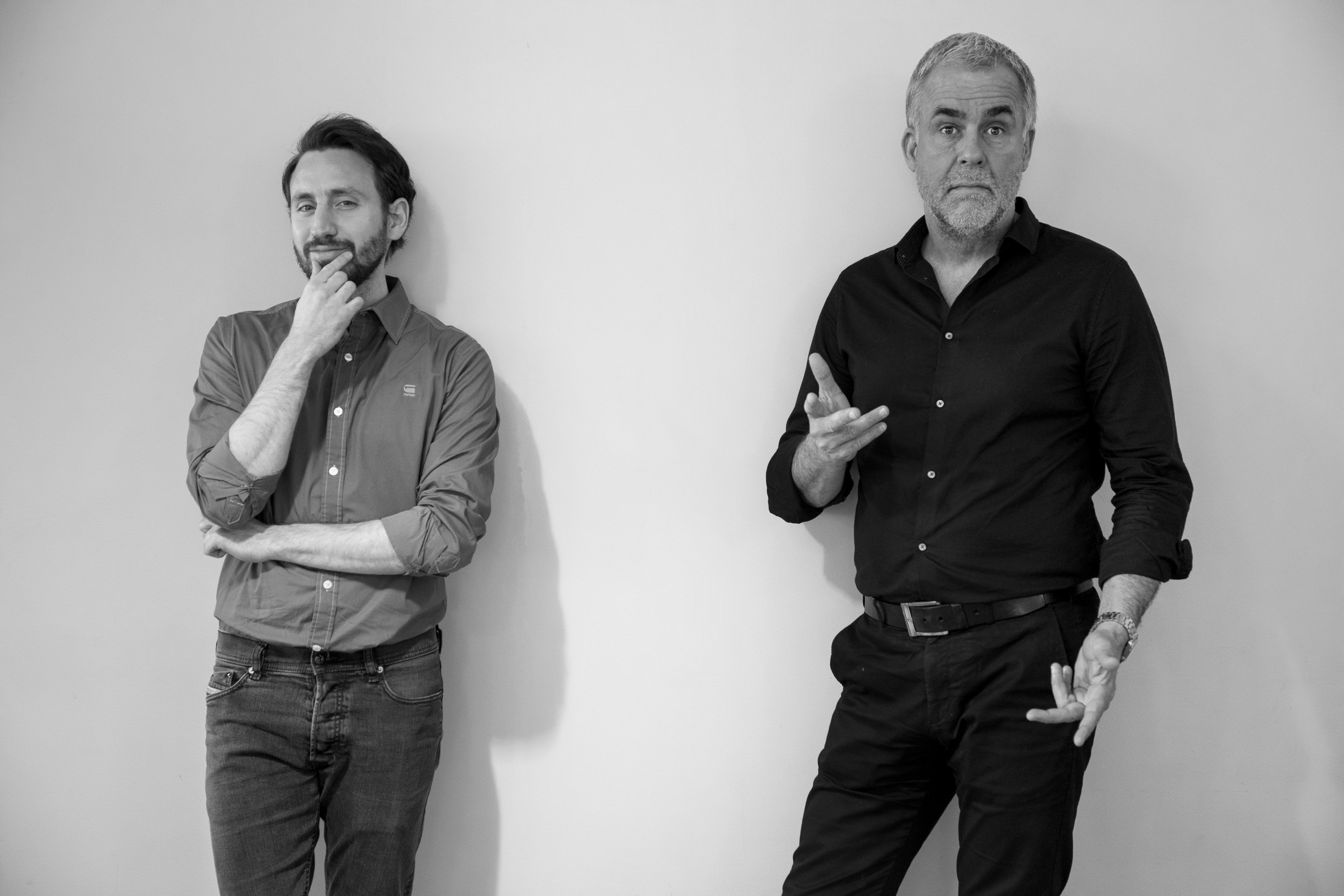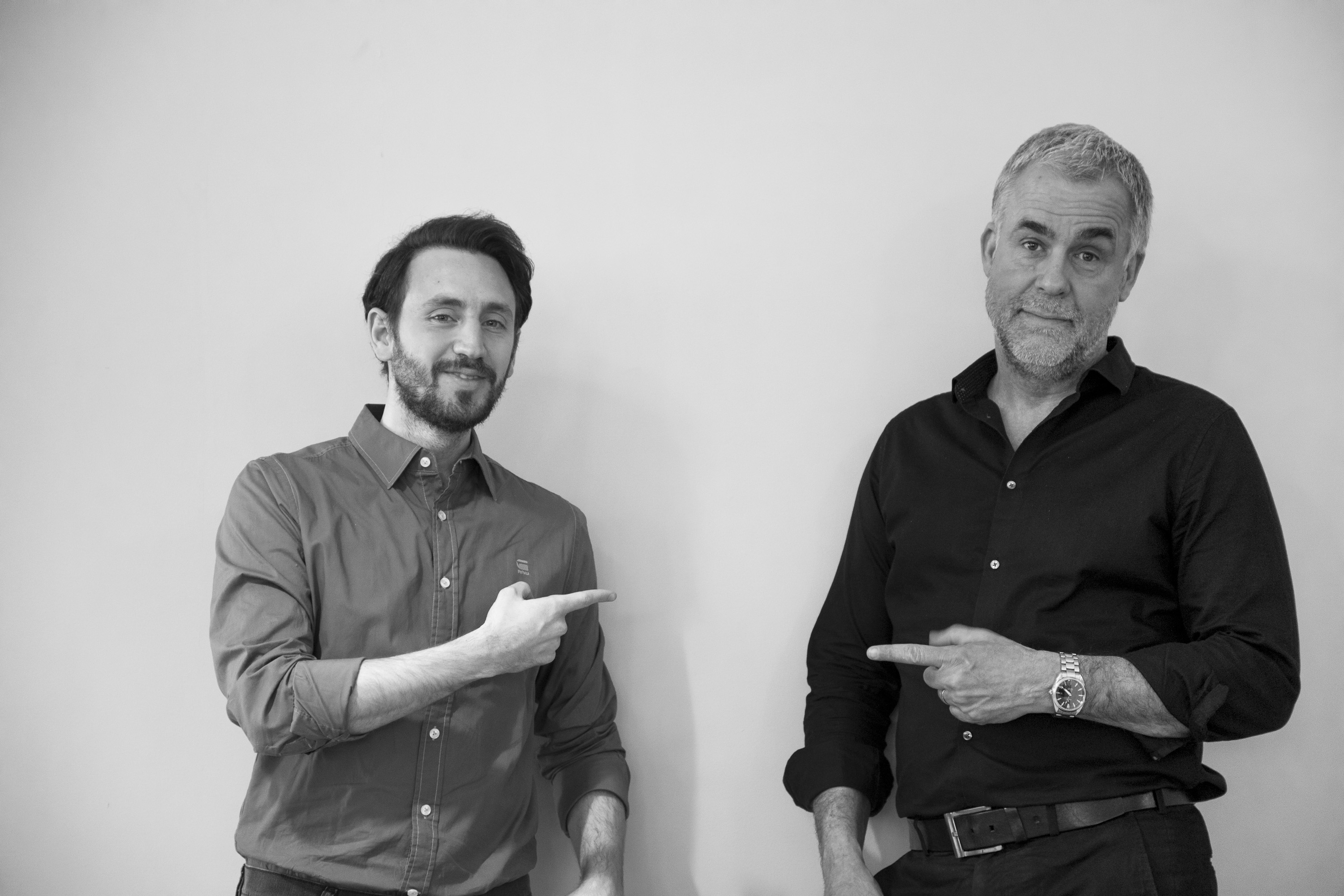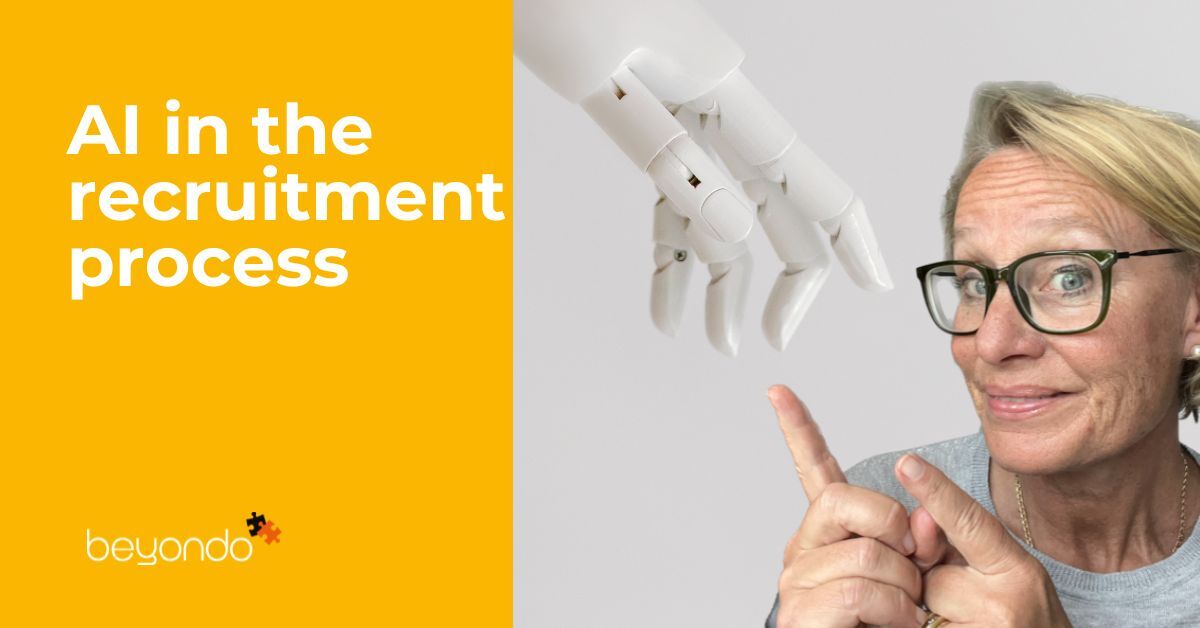In this blog post, Magnus Berg from Mumtaz Integration shares his thoughts on what tools companies, hiring managers and people, in general, can use to bridge the gap between international experienced candidates and 'locals'. This is to open eyes and understand each other's competencies. This is important, especially today when there is a so-called 'talent shortage' on the market. We believe there are talents enough out there, we just have to open up to see the talent!
Successful integration is like tango.

For decades, Sweden has been among the worst in class within OECD in terms of including foreign-borns in working life. Sure, we have received lots of people from outside Europe during the last ten years. And yes, our (too?) high demands for a certain education in most sectors make our labour market quite special. But I guess we can all agree that we are way too slow anyhow, right? I know why.
Have you ever heard a politician or corporate leader address us Swedes, with long roots in this little country, in charge of most decision-making in the workplace? Have you seen any of them turn the spotlight on us and everything we need to learn? Ever? No, I thought not.
By now I and my colleague Mouddar have met and workshopped with more than 5,000 Swedish managers at every level, in all sectors. And it is obvious that the lack of knowledge is huge. Not at all surprising, but yet very aggravating. Next time you are recruiting and sit with say Farah from Syria in an interview (good on you!), imagine that you were a bit acquainted with the Syrian education system, the business life there, possible differences in leadership/workplace culture/ways of communicating/the personal work mandate/social codes - for sure the dialogue would be more fruitful. And the chances that you employ her would increase, right? That is due to your new genuine interest in what she may add to the team and workplace in general, based on her specific experience and skills. Another bonus effect is that you two can easily discuss cultural misunderstandings and possibilities that occur along the way.

Mouddar (left in pic) says hello. Magnus is to the right in the picture.
If you know nothing of the above, here is some simple advice; tell Farah, ”I’m sorry but I don’t know anything about the good sides of your homeland”. Nothing strange about that and, hey, Farah didn’t know much about Sweden when she came here. But it’s still very important that you say it. Because then you can ask all the open questions I’m sure you are curious to know. ”Can you explain your education so I understand, any comparisons to here?”, ”How do you think I would experience working in your homeland?”, ”Your bosses, what were they like?”, ”Tell me about the workplace culture, formal or informal…?”, ”To what extent were you allowed to shape your own work assignments?” etc, etc. You get it, just fire away. Farah is happy to answer, unfortunately, she is used to having questions about her time in Sweden only since that’s what most interviewers can relate to.
So the vast majority of Swedish managers lack these basic insights, which divides them into two alternative approaches. Many think that her competence och experience must be very different, thus of lower quality, and she would never fit in with us.
The other ignorants are solely affected by the media’s reporting of the Syrian war and human disasters. These managers feel sorry for Farah and have the urge to help her, which isn’t an effective purpose. It also creates an unbalanced relationship where Farah’s true assets are out of focus. None of these approaches benefits the speed of integration of foreign competence. On the contrary. Next time you meet someone born and raised, with work experience, in whatever unfamiliar country - use the opportunity! Ask and learn. It’s only tangible insights that change prejudice and preconceived ideas about ”the other one”. Insights about each other’s similarities and differences build mutual respect. This goes for all of us, even the stubborn man in Örebro a few years ago who approached us after a full-day workshop on Intercultural Leadership, ”Thanks, I’ve learned some good things today. But I want you to know, I will never adjust or adapt”. I and Mouddar looked at each other thinking, ”mission accomplished, he just doesn’t know it yet”.
Next time you meet someone born and raised, with work experience, in whatever unfamiliar country - use the opportunity! Ask and learn. It’s only tangible insights that change prejudice and preconceived ideas about ”the other one”. Insights about each other’s similarities and differences build mutual respect. This goes for all of us, even the stubborn man in Örebro a few years ago who approached us after a full-day workshop on Intercultural Leadership, ”Thanks, I’ve learned some good things today. But I want you to know, I will never adjust or adapt”. I and Mouddar looked at each other thinking, ”mission accomplished, he just doesn’t know it yet”.
Finally, it’s not only Farah who needs to learn stuff. This goes for Ann-Sofie and Per-Erik as well.
The good old cliché is also valid for successful integration and inclusion - it takes two to tango. So start dancing!
Good luck! / Magnus, Mumtaz Integration
Mouddar says hello.
PS. The true value of diversity is on the inside beyond visual attributes and language, we all know that. The academic name for this is Cognitive Diversity. Let’s get back to this and how you utilise it next time we get in touch. Until then, check out Scott E Page’s seminars on YouTube, he is the guru on the subject.
Examples of Mumtaz workshops and services:
- Hassan and Ann-Sofie at work
- Wider recruitment and effective onboarding
- Cognitive Diversity in practice
- Connecting to relevant networks and door openers
- Talent acquisition among foreign borns in Sweden
- Intercultural Leadership
A huge thank you to Magnus, for the thoughts and insights on this, for us important topic.
Are you interested in learning more on this topic or their services, do not hesitate to reach out to them here: Mumataz integration.


